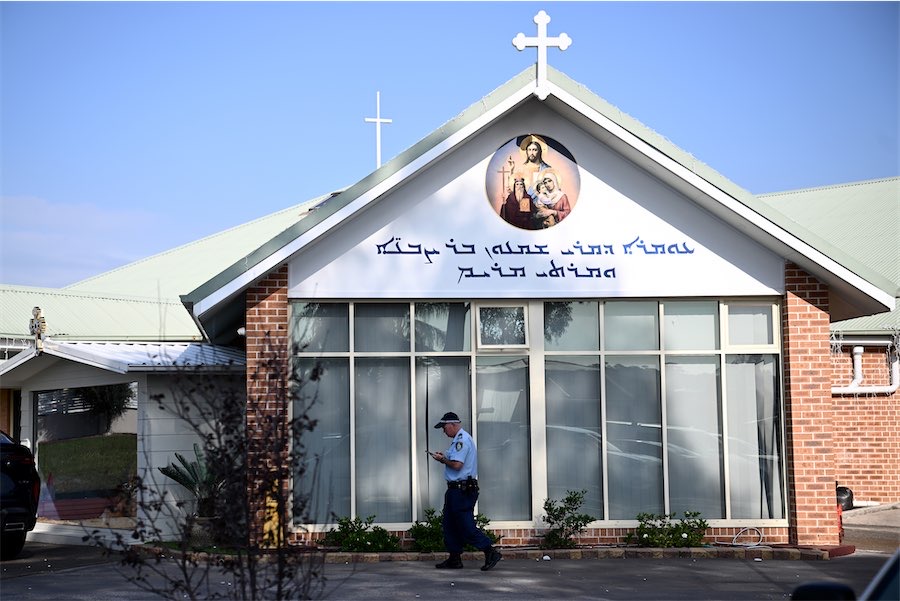RETURNING to Australia for a brief visit this month, Monique Blakemore admits she had her heart on her sleeve.
Four years ago, she and her husband Chris made the tough decision to pack up their Canberra home and move to Manchester, England, to give their two autistic sons Nick, 9 and Matthew, 8, better treatment.
With the introduction of the Federal Government’s national disability insurance scheme (NDIS), DisabilityCare Australia, the possibility of moving back to her home country was in the back of Monique’s mind, but her hopes were quickly dashed.
“To be honest, I was really hoping that things would have progressed a lot more than they had in four years,” Monique says.
“The main concerns I have with the NDIS is whether it is going to be capped funding per person and will individuals be assessed by an allied health professional? That along with the cost of treatment in Australia… I know if we moved back, it would be an emotive decision, not because of the NDIS.”
Monique says she and Chris could not afford treatment in Australia, despite each working two jobs.
She says all up, they would have been paying about $60,000.
“When he was diagnosed, my youngest son was non-verbal and it was quite a battle to get speech therapy in Australia… early intervention is key and we weren’t getting any real assurances about the level of support he would have,” she says.
In the UK, the children have access to a state-funded intensive program, which means Monique and Chris don’t have to pay a cent. It made the decision to move “much easier”, says Monique.
“As Chris was born in England we had access to the program, and what they do for children with disabilities is before the child goes to school they are assessed by an educational psychologist and a speech therapist, and you get a statement of education needs, which is basically a contract between you and the council,” she says.
“My youngest has gone from being non-verbal to being quite a talkative, happy kid who is now able to say what he wants rather than getting angry. It’s been a tremendous difference for him, he gets 68 hours of one-to-one speech therapy that we don’t have to pay for. In Australia, that’s something we would have had to pay for privately, for about $200 an hour.
“I know several other families in Australia who have kids with autism who say they are trying to find a job to get to the UK because they are just struggling financially.”
Since moving to the UK, Monique has become an advocate for autism’s cause, working predominantly with autistic adults. With UK charity Hearts and Minds, which is currently raising money for an autism-specific school, she provides employment coaching, educating employers on autistic people’s needs when seeking employment and training advisors in the private and government sectors.
“Basically, in the UK there’s only a 15 per cent employment rate for kids like mine. The transition from adulthood worldwide is a major difficulty, and what you find with parents is they’ve fought so hard during the kids’ childhood, and then the job’s not done.”
Last year Monique began work with Educational Equality, a national community interest company dedicated to raising awareness and defending issues relating to children and adults with special educational needs.
She says having the right support is critical to help families “from sinking.”
“When our boys were first diagnosed, Chris and I didn’t even know what autism was, we had to go home and Google it,” she says.
“It can be very emotionally overwhelming, and the main thing I tell parents is don’t make your child into something they’re not. I say you were never meant to have a non-autistic child, you have the child you have.”
Monique says although she would like to return to Australia one day, it doesn’t look likely.
“Yes there’s more exposure and some organisations and charities are doing great things for autism, but I’d like to see in Canberra in particular, a class or school for these socially vulnerable autistic kids, where they can build on their strengths. I’d like to see Australia learn from the UK on what great things can be done.”
Who can be trusted?
In a world of spin and confusion, there’s never been a more important time to support independent journalism in Canberra.
If you trust our work online and want to enforce the power of independent voices, I invite you to make a small contribution.
Every dollar of support is invested back into our journalism to help keep citynews.com.au strong and free.
Thank you,
Ian Meikle, editor




Leave a Reply